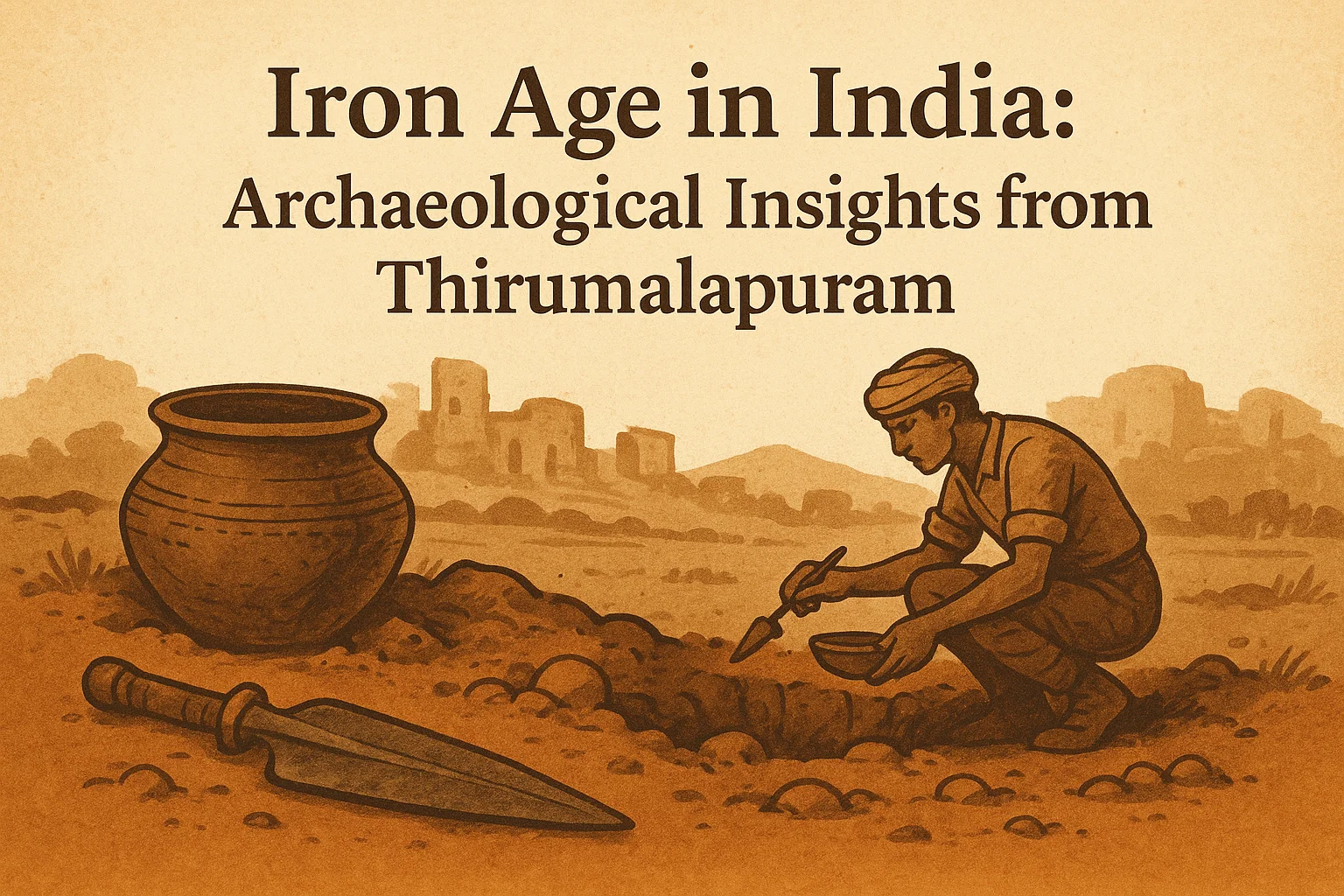Font size:
Print
CEREBO: A Game-Changer in Early Detection of TBI
Context: Traumatic Brain Injuries (TBIs) pose a major health challenge, especially in rural India, where access to CT/MRI scans is limited. The CEREBO diagnostic tool provides a rapid, affordable alternative, marking a breakthrough in India’s medical technology for timely brain injury detection.
What is CEREBO?
- CEREBO is a handheld, portable, non-invasive diagnostic tool developed indigenously to detect Traumatic Brain Injuries (TBIs)—specifically intracranial bleeding and edema—within one minute. It was developed through a collaboration between:
- Indian Council of Medical Research (ICMR)
- Medical Device & Diagnostics Mission Secretariat (MDMS)
- AIIMS Bhopal
- NIMHANS Bengaluru
- Bioscan Research
- It has been clinically validated and received regulatory approvals for medical use. Safe for infants, pregnant women, and adults.
How does it work?
CEREBO uses a combination of near-infrared spectroscopy (NIRS) and machine learning algorithms to detect abnormalities in the brain:
- NIRS Light Emission: The device emits safe near-infrared light through the skull.
- Haemoglobin Analysis: It analyses how the light interacts with haemoglobin in brain tissues.
- AI Interpretation: Machine learning algorithms interpret the data to detect signs of bleeding or swelling.
- Colour-Coded Output: Results are displayed in a simple, radiation-free, colour-coded format—green for normal, red for concern—within 60 seconds.
This process eliminates the need for expensive CT/MRI scans in critical moments.
Why is it important?
- Addressing Public Health Burden of TBIs: TBIs are a leading cause of death and disability in India. Nearly 1.5–2 million people are injured annually, and about 1 million die due to TBIs. Road traffic accidents (60%), falls (20–25%), and violence (10%) are the main causes.
- Limitations of Current Diagnostics:
- Glasgow Coma Scale (GCS): Subjective, error-prone.
- CT/MRI scans: Expensive, infrastructure-heavy, unavailable in rural/remote areas, and time-consuming.
- Timely Intervention: CEREBO detects bleeding/swelling in <1 minute, enabling rapid triage and early intervention. Crucial for “golden hour” management of trauma patients.
- Cost-Effective & Scalable: Reduces dependence on costly imaging. Optimises triage at tertiary care hospitals by identifying patients who need urgent CT/MRI, thus reducing imaging costs and waiting times.
- Wider Applicability:
- Emergency and disaster response: Quick screening in earthquakes, accidents, or conflict zones.
- Military medicine: Field use for soldiers in combat.
- Global adoption potential: Especially in low- and middle-income countries with limited diagnostic capacity.


